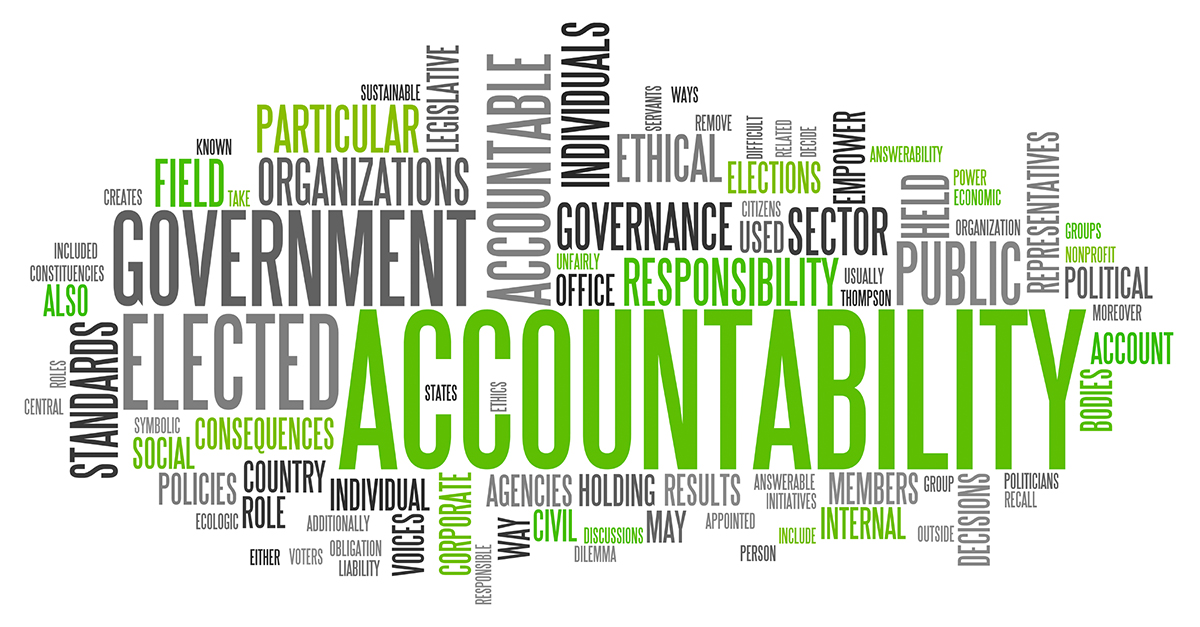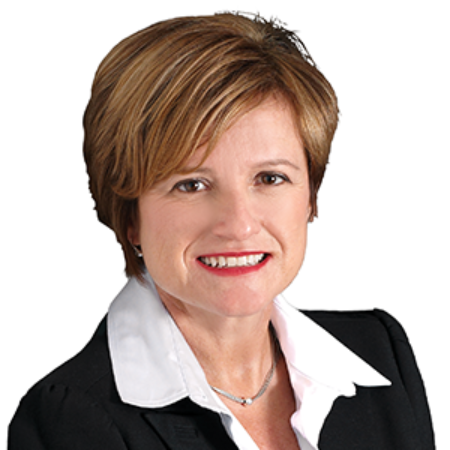The cleaning industry has come a long way, but in order to take our place as professional partners in the field of facility management, we have to be more serious about accountability.
That doesn’t just mean solving problems as they arise. It means being proactive and informing clients so they aren’t constantly chasing down information.
Take the following situation with Mary. As the owner of a midsized cleaning business, she was looking for ways to gain an edge in the competitive area of property management. Prospective clients often complained about a lack of accountability on the part of their cleaning contractors. If Mary could figure out just what those companies wanted in terms of accountability and provide it, she could make major inroads in the market.
Facilities managers wear many hats. They often don’t have the time or the expertise to determine if complaints are valid and if their hired guns—the cleaning contractors—are delivering as promised. To win—and keep—new contracts, Mary needs to prove that she will be more accountable than her counterparts. She can do it by following these five strategies.
1. Communicate
Remember, a client’s time is valuable. Be clear on the scope of work from the outset and clarify any gray areas. Then develop effective methods for ongoing communication with each individual client. Here are some examples:
- Get to the point. Keep it short. No one has time to read long documents.
- Add visuals. Using summary reports to communicate with graphs and photographs allows clients to easily get an accurate picture.
- Make use of technology. New software that makes use of visual workloading shows clients exactly who is completing individual tasks by color coding job schedules and period schedules (for example, when you will be doing carpet cleaning, stripping, or waxing).
2. Inspect
Inspections measure the cleanliness of the facility. Communicate from the outset what standards of measurement you plan to use so the client understands the grading.
Provide your clients with real-time information through real-time inspections. Providing clients with immediate access to information shows that you are proactive. There are many software programs on the market that give you the ability to provide a variety of powerful reports.
3. Take Stock
Are you up to speed on current best practices, standardized procedures, and technologies that have an impact on productivity and service delivery? If you haven’t been involved for a while, register for a cleaning conference or join an association like the International Facility Management Association (IFMA); APPA, Leadership in Educational Facilities; or ISSA, the worldwide cleaning industry association, and make sure your clients are aware that you and your employees are staying ahead of the curve.
4. Get Feedback
Don’t be afraid to ask your clients for input. Listen to their pain and offer solutions. Sometimes it’s just a matter of clearing up misunderstandings, but client needs can also provide inroads for selling additional services.
Additionally, don’t overlook a valuable resource for feedback—employees. They are closest to the issues that arise and often have first-hand knowledge of what needs to be done. Fostering an open dialogue across the organization helps to get the jump on problems and also leads to greater job satisfaction.
5. Develop Key Performance Indicators
These serve as a report card to clients on how you are doing. Provide your clients with this information even if they don’t request it. Hard work often goes unnoticed. This is your chance to shine. Examples of key performance indicators (KPIs) could be:
- Number of inspections complete
- Number of cleaning scores above 85 percent
- Response time for spills
- Sick time.




